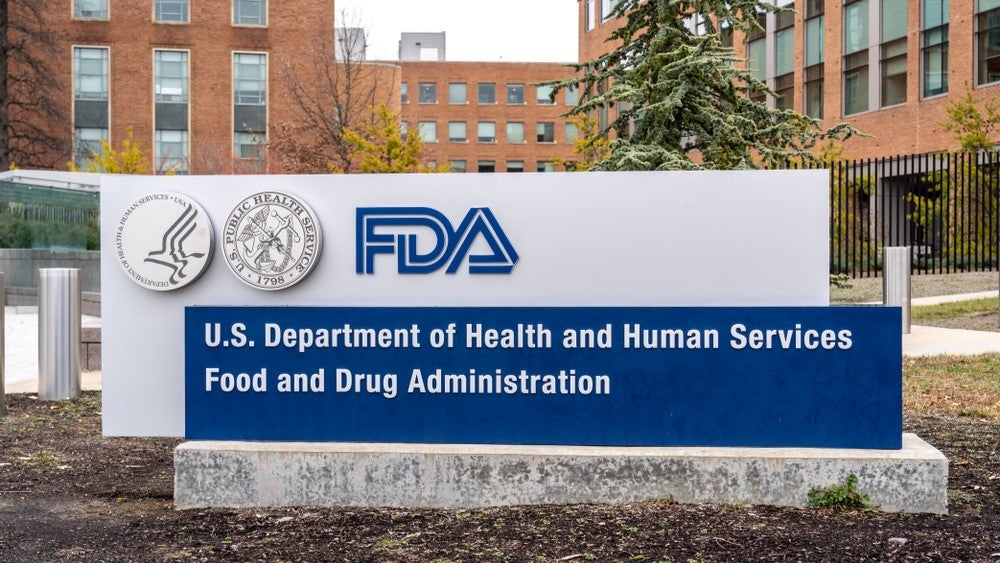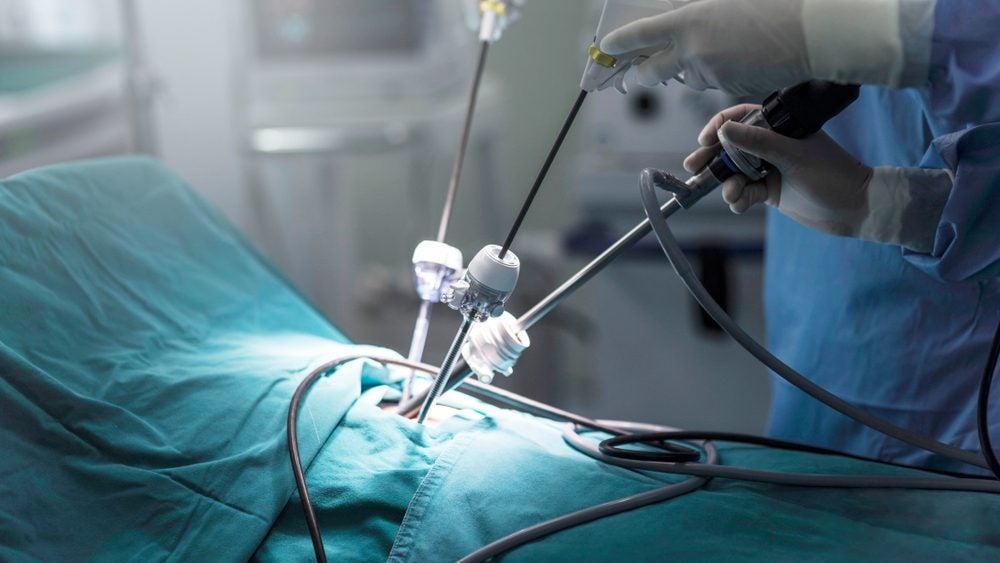The UK’s Medicines and Healthcare products Regulatory Agency (MHRA) has launched its artificial intelligence (AI) Airlock sandbox model designed to test virtual and real-world projects through simulation and help develop AI as a Medical Device (AIaMD)
The MHRA AI Airlock is designed to help the agency identify and address the challenges for regulating standalone AI medical devices, with the body announcing that it plans to initially seek out four to six projects. These projects would be used to test a range of regulatory issues for these devices before they can be deployed into the UK National Health Service (NHS).
The regulatory sandbox model is intended to lay the regulatory groundwork for how AlaMD devices could be regulated going forward. The agency says it will work collaboratively with the NHS AI Lab and the Department of Health and Social Care (DHSC), as well as private healthcare firms and local regional governments across the UK to handle post-market surveillance of AlaMD devices.
The MHRA said that the outcome of these tests will result in a change in how the agency works with approved bodies on the new UKCA marking and with regulatory partners on international recognition of AI-driven medical devices.
Paul Campbell, MHRA head of software and AI, said: “We are currently seeing a marked increase in innovative AIaMD products entering the UK market that have the potential to revolutionise the healthcare landscape and provide improved ways to address patient and public needs.
“As a regulator, we must balance appropriate oversight to protect patient safety with the agility needed to respond to the particular challenges presented by these products to ensure we continue to be an enabler for innovation.”
The project follows shortly after the MHRA set out its ‘Strategic approach to AI in healthcare’ in which it sets out the call for regulation in the AI health tech space, as well as calling on the UK government to find international alignment with international companies and bodies to ensure that the UK doesn’t miss out on advancing tech.
Health and Social Care Secretary, Victoria Atkins, added: “Artificial intelligence is already transforming the way we deliver healthcare, cutting waiting lists for patients and freeing up time for NHS staff.
“I want to see AI and technology harnessed as part of our plan for a faster, simpler, and fairer healthcare system. In the budget the government announced a £3.4 billion investment in the latest technology for the NHS, to help doctors and nurses focus on patients rather than admin.”
The MHRA argues that the benefit of the new AI Airlock will include improved efficiencies that will result in UK patients benefiting from enabling safe access to medical products earlier than may have been possible previously. It would also give the MHRA have greater scope to focus specialist expertise on priorities such as innovation and patient engagement. Elsewhere in the field of AI regulation, software giant Microsoft has warned biotechnology AI developers to be wary of “bad actors” in the space as part of a conference at the London Biotechnology Show.















